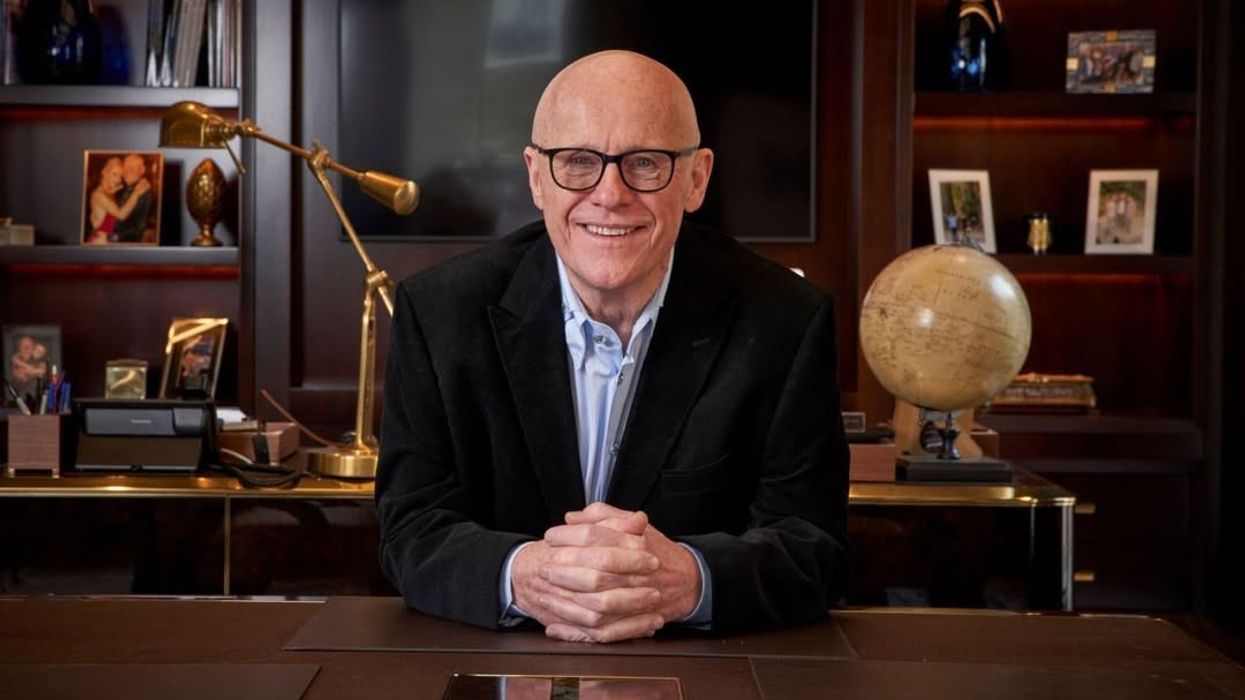In 2023, Shaye Bhattessa-Sharma made history as the youngest-ever contestant to secure an investment on Dragons’ Den at just 15 years old. Fast forward to today, and the now 17-year-old entrepreneur has taken his business to new heights with the backing of one of the UK’s wealthiest billionaires. Here’s how Shaye’s journey has unfolded since his memorable appearance on the BBC show.
A historic pitch on Dragons’ Den
Shaye, accompanied by his father Raj, entered the Den with his innovative football-themed board game, Football Billionaire. The game, which involves trading players like goalkeepers, defenders, and forwards, impressed Peter Jones, the show’s longest-standing Dragon. Peter offered £50,000 for a 20% stake in the business, and Shaye accepted, making headlines as the youngest entrepreneur to secure a deal on the show.

However, the partnership with Peter Jones didn’t last. A year later, Shaye revealed that after a “mutual discussion,” they decided not to proceed with the deal. While some might have seen this as a setback, Shaye viewed it as an opportunity to explore new avenues for his business.
A billionaire steps in
Shaye’s resilience paid off when he caught the attention of John Caudwell, the billionaire founder of Phones4U. With a net worth of £1.54 billion, according to The Sunday Times Rich List, John is one of the UK’s most successful entrepreneurs and a prominent philanthropist. He signed the Giving Pledge in 2013, committing to donate the majority of his wealth to charitable causes.

John’s involvement in Football Billionaire is not just a business move but also a philanthropic one. Ten percent of the game’s sales go to John’s charities, aligning with his mission to give back. Speaking about the partnership, Shaye told The Mirror:
“The impression of billionaires is that they’re not always positive. But I know a lot of them give back. John has always been an inspiration.”
John, in turn, praised Shaye’s entrepreneurial spirit, calling the collaboration a “no-brainer.”
Lessons from the Den
Shaye’s journey is a reminder that rejection or setbacks can often lead to greater opportunities. His story mirrors that of other entrepreneurs who, despite being turned down on Dragons’ Den, went on to achieve remarkable success.
One such example is Mark Wong, the founder of non-alcoholic beer brand Impossibrew. In 2022, Mark pitched his business to the Dragons, asking for £45,000 in exchange for a 10% stake. Despite what he described as an “impeccable” pitch, all five Dragons rejected him, citing a lack of proven turnover.
Undeterred, Mark continued to grow his business. By January 2025, Impossibrew had achieved over £500,000 in sales in a single month and sold more than one million cans in the previous 12 months. The company’s pre-money valuation now stands at an impressive £12 million, proving that sometimes the Dragons’ “no” can be a stepping stone to even greater success.
What’s next for Shaye?
At just 17, Shaye Bhattessa-Sharma has already achieved more than most entrepreneurs do in a lifetime. With the backing of John Caudwell and a growing interest in Football Billionaire, the future looks incredibly bright for this young innovator.
Shaye’s story is not just about business success; it’s about resilience, adaptability, and the power of believing in your vision. His ability to pivot after the Dragons’ Den deal fell through and secure the support of a billionaire philanthropist is a testament to his determination and entrepreneurial spirit.
A role model for young entrepreneurs
Shaye’s journey serves as an inspiration to young people everywhere. It shows that age is no barrier to success and that with passion, hard work, and the right support, anything is possible.
As Football Billionaire continues to grow, Shaye is not just building a business; he’s creating a legacy. And with John Caudwell by his side, there’s no telling how far he can go.
For now, Shaye’s story is a reminder that sometimes the best opportunities come after a “no” and that the Dragons’ Den is just the beginning of the journey, not the end.





